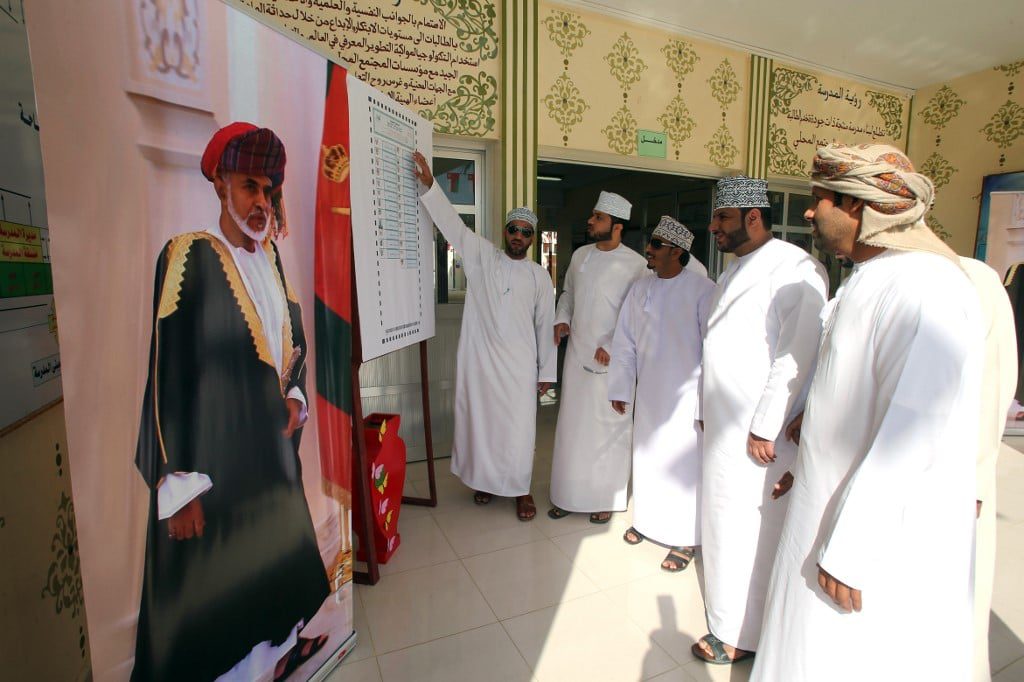
Rising unemployment among young Omanis has led to resentment and frustration, particularly in the port city ofSohar. The newly constructed deep sea port facility did not bring the new employment opportunities that people hoped for. Job vacancies are too high-tech for unskilled locals and are filled by expatriates. A decree from the Sultan increasing the minimum wage prompted some local companies to fire Omani employees, replacing them with cheaper expatriates. This move enraged many young Omanis. The Omanization rate in the private sector fell from 18.8 percent in 2005 to 12.2 percent in August 2012, while employment in the public sector often remained the preferred option for Omani nationals. In 2012, employment of nationals in the private sector declined further due to Omanis leaving their jobs after the government announced to create thousands more in the public sector.
Top officials have been accused of corruption, favouring their personal business interests over the nation’s interests. These accusations have been reinforced by the centralized and unaccountable decision making in government and officials’ personal involvement in business.
Over the past decades, Oman has made significant progress in the fields of health care, education and income (see
the UN Human Development Report 2010). Nonetheless, social justice and democracy remain stinted. Severe restrictions on political activities, participation in public affairs and freedom of expression and assembly remain in force. Political parties, NGOs and student associations are forbidden and criticism of the regime is absent in the media. According to Human Rights Watch, Omani authorities have been trying to suffocate the pro-reform movement by imprisoning activists with laws that violate international standards. Under the Press and Publications law, amended in October 2011, publications and expressions deemed to undermine national security would be punishable.
By initiating their own Arab Spring, Omanis have broken the silence, standing up in support of substantial political reforms. However, the loosely organized opposition has not made it its objective to oust the longtime head of state, Sultan Qaboos.

